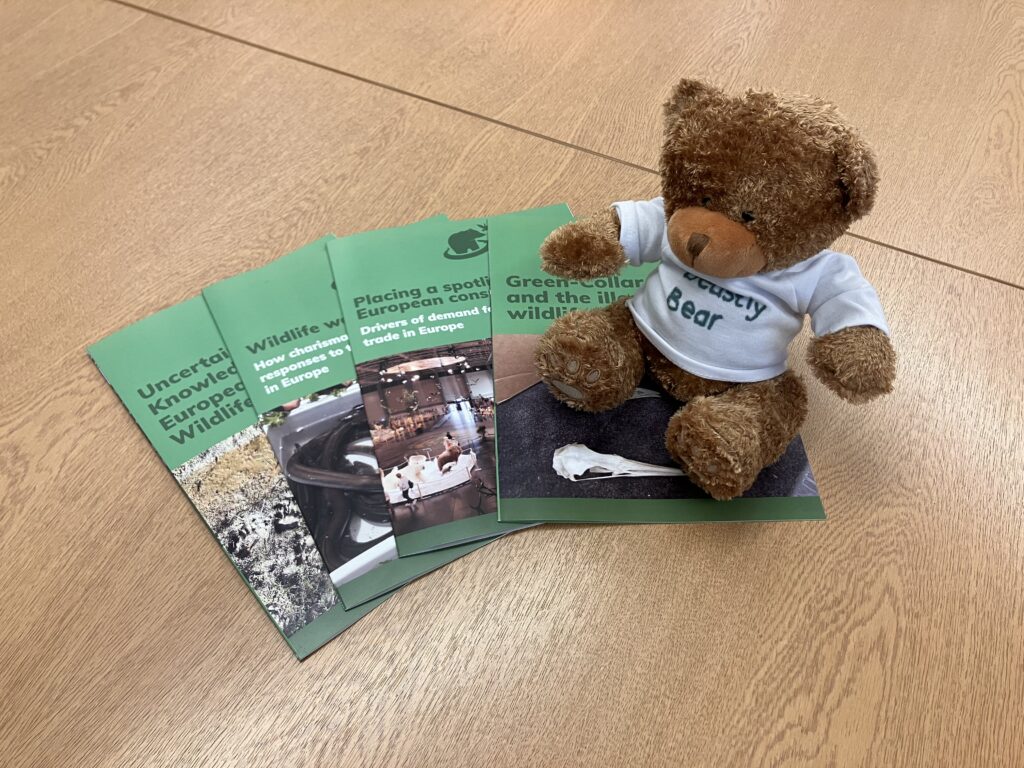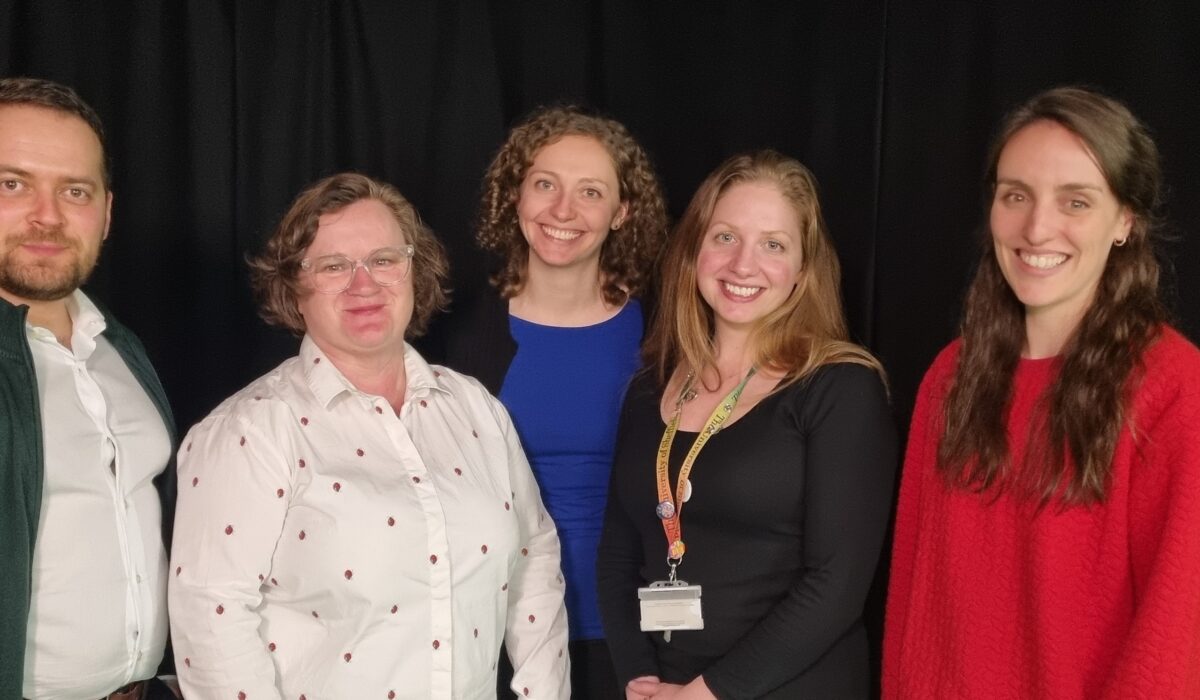We are really pleased to release this series of short films about our project to coincide with World Wildlife Day , 3 March 2023. The films explain the core themes of our Beastly Business Project research and summarise our research findings.
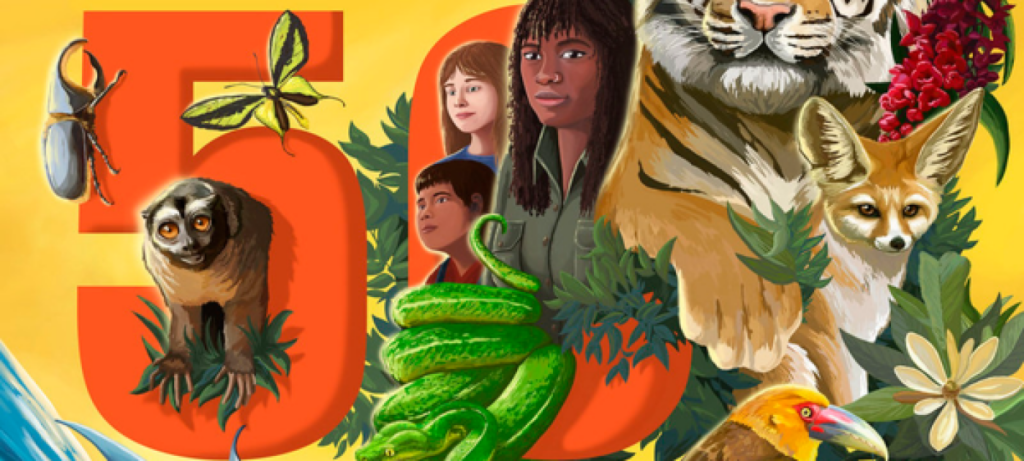
First up, an introduction to the project by Professor Charlotte Burns, and what CITES does and does not cover.
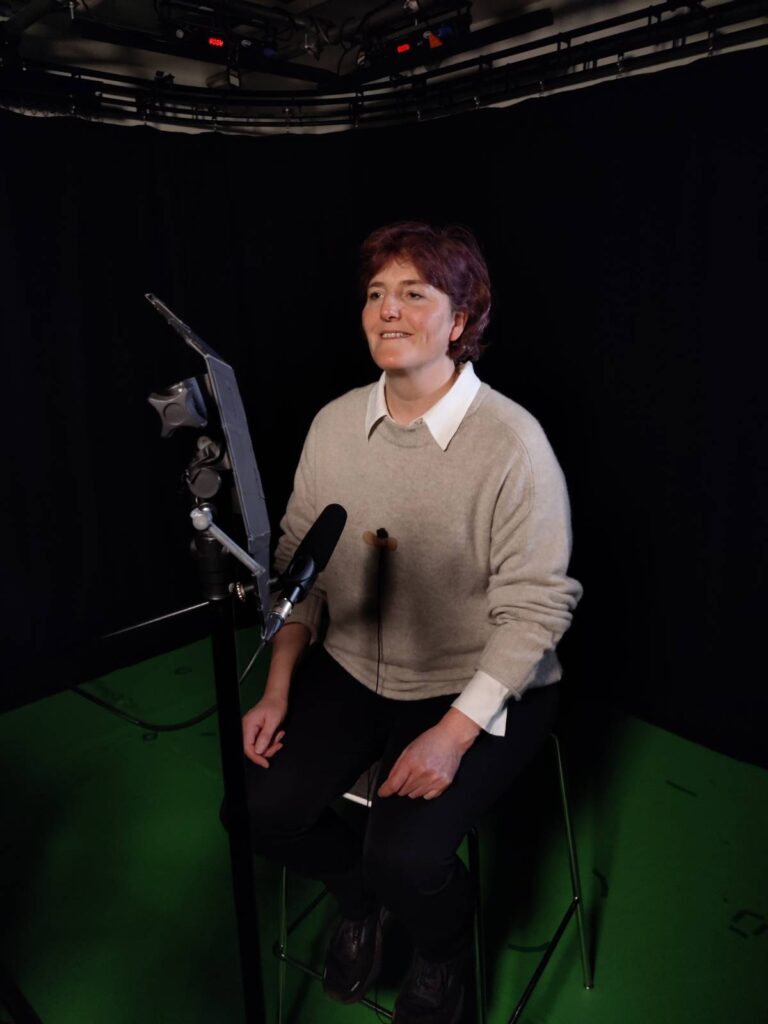
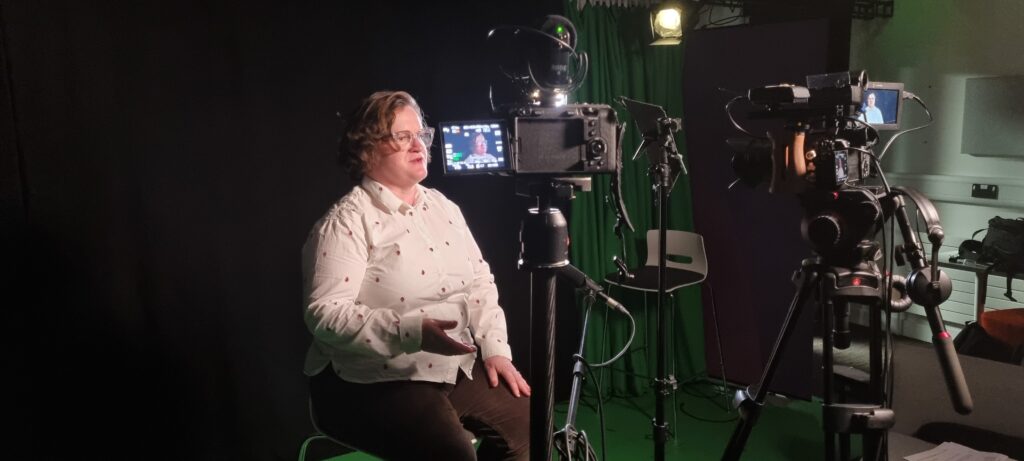
Here Professor Rosaleen Duffy explains why taking a green collar crime approach is important for creating more effective and socially just policies to tackle illegal wildlife trade. Many policies focus on organised crime networks, but this misses the ways that legal businesses can be involved knowingly or unknowingly in trafficking European wildlife.
Dr Teresa Lappe-Osthege talks about how understanding the consumption of European wildlife is important for developing effective polices. For example, the motivation for consuming European wildlife, either for food or leisure, builds on the sense of luxury, exclusivity, and social status that the consumption or possession of illegally traded wildlife conveys.
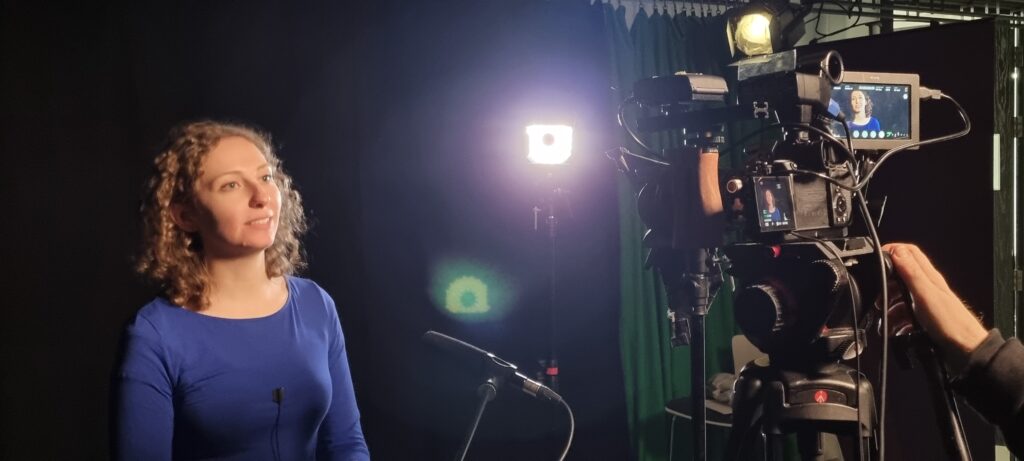
Dr George Iordachescu shows how uncertain scientific knowledge about the status of European species contributes to illegal wildlife trade by obscuring the levels of trade, or they can result in harms to wildlife.
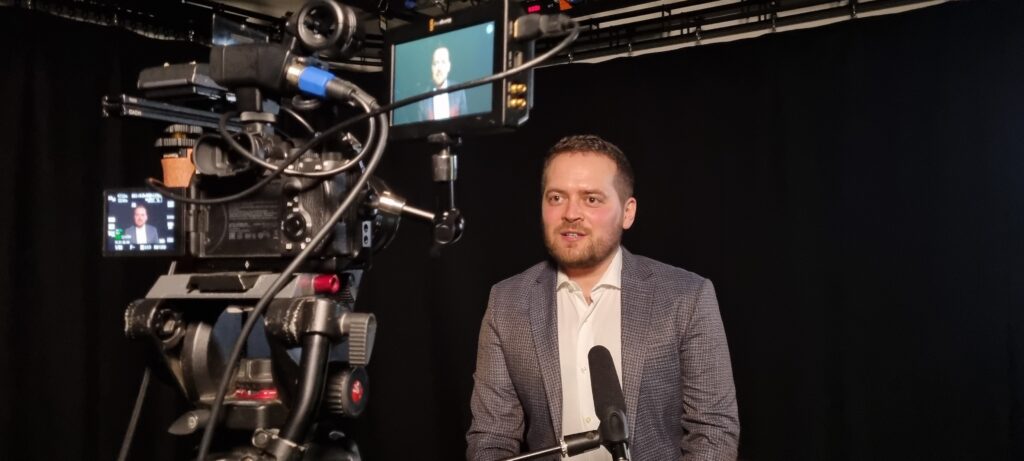
Dr Ali Hutchinson covers how we love to harm some kinds of wildlife. Levels of charisma can mean some wildlife gets more attention and resources than others – we love bears but what about eels?
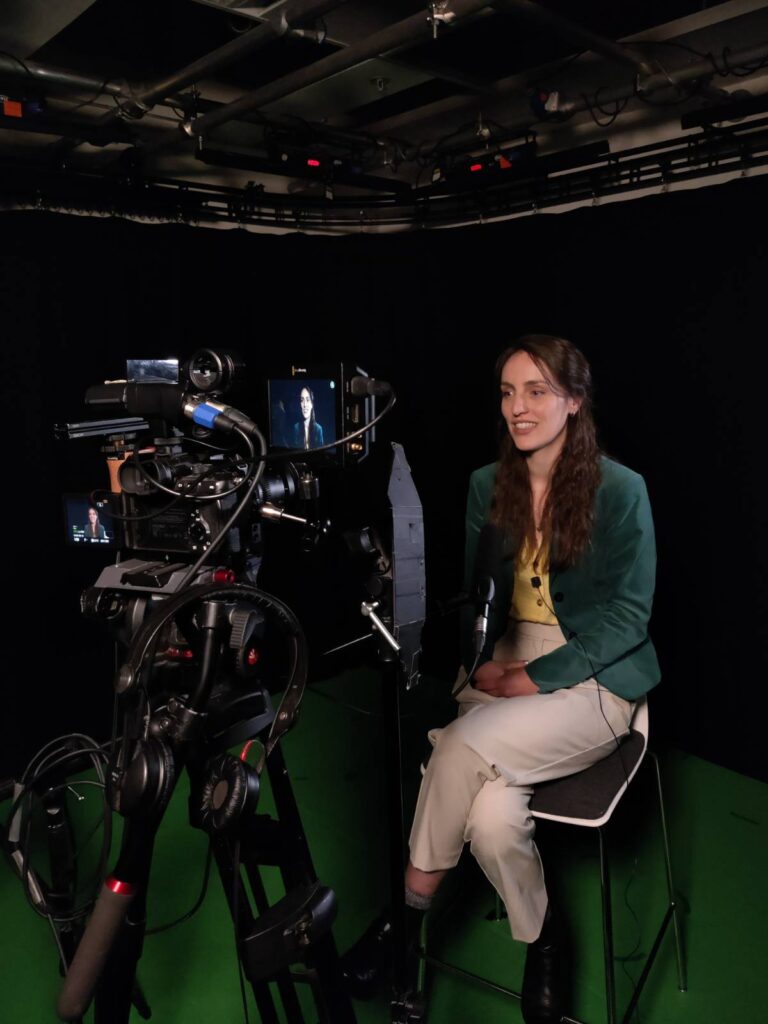
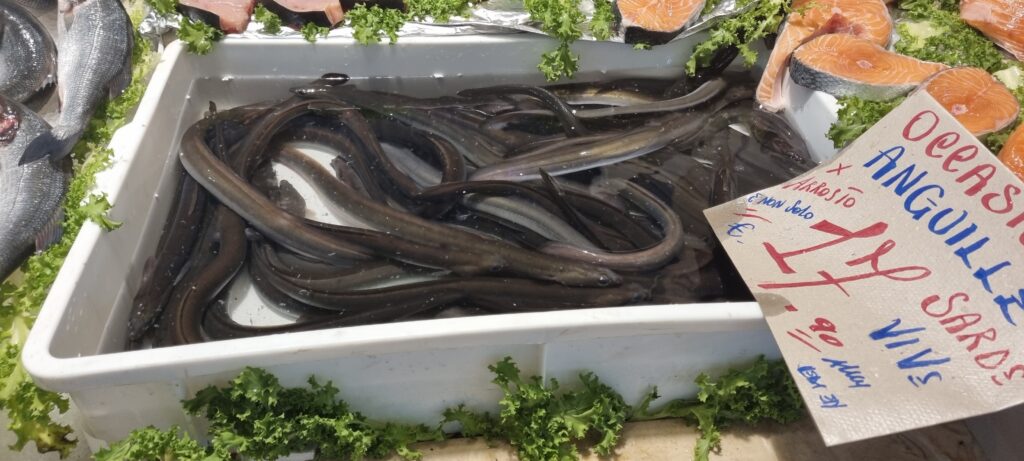
If you want to know more then please take a look at our short policy briefs here.
